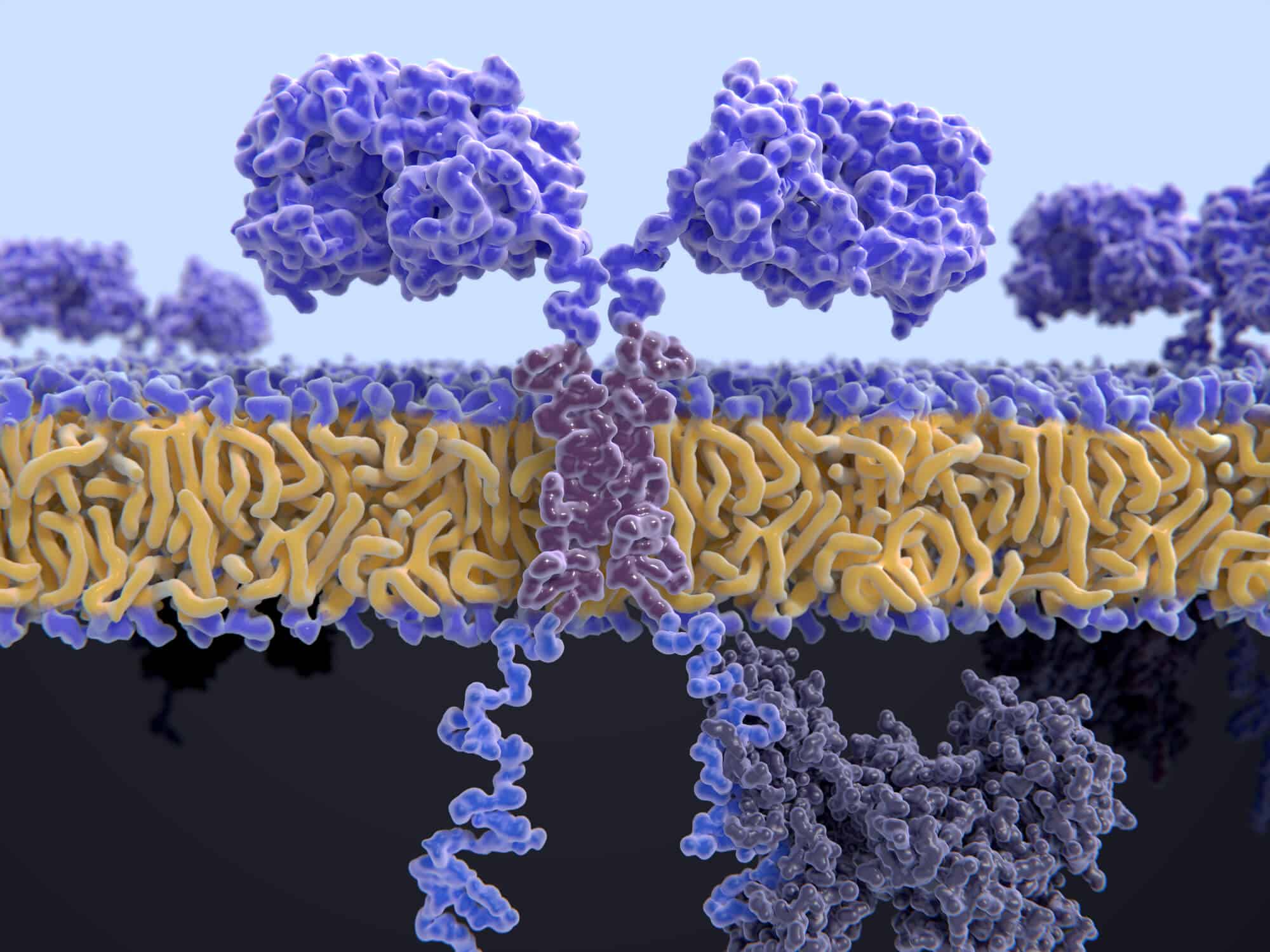In the clinical trial, T Cell-CAR genetic engineering technology was used to program the patient's white blood cells to attack the cancerous blood tumors

An innovative treatment that was developed following a study in which researchers from the Faculty of Life Sciences at Bar-Ilan University were partners, showed encouraging results in a clinical trial carried out in patients with multiple myeloma and AL amyloidosis. The success of the experiment led those involved in it to recently sign a cooperation agreement that will lead to the promotion of the next generation of treatments. The agreement was signed between the commercialization arm of Bar-Ilan University BIRAD, "Hadisit" the innovation engine of the Hadassah Medical Center, and "Imix Biopharma" company.
The innovative medical technology developed as a result of a collaboration between Prof. Cyril Cohen, Head of the Immunology and Immunotherapy Laboratory at Bar-Ilan University, and Prof. Polina Stepansky of Hadassah. Dr. Shlomit Kafir-Ernfeld and Dr. Nathalie Ashari from Hadassah, and Ortal Herosh from Bar-Ilan are also partners in the research.
In the clinical trial, T Cell-CAR genetic engineering technology was used to program the patient's white blood cells to attack the cancerous blood tumors. The results of the clinical trial were very encouraging - the overall response rate of multiple myeloma patients reached 90%. The complete response rate of the AL amyloidosis patients was 100%. No unexpected significant side effects were recorded in both patient populations.
"For the first time, we were able to successfully reprogram the immune system of patients with the help of a unique receptor we developed," explains Prof. Cohen, "Thanks to the collaboration with Hadassah, dozens of patients will benefit from the future promise of better treatments. The successful treatment encourages us to continue developing new approaches to the treatment of cancer and autoimmune diseases."
Prof. Stefanski added: "We are very excited about the initial results. The licensing agreement will allow us to continue promoting the clinical trials. Our new technology may become one of the first T-CAR treatments for these indications and for other BCMA-positive cancers, and it may improve the lives of many patients around the world."
Zohar Yanon, CEO of Bar-Ilan University, commented on the achievement: "This is another example of the diverse research in the fields of health and medicine that is conducted in the Bar-Ilan University laboratories, as well as an example of the ecosystem that produces groundbreaking research and initiatives that can be commercialized by researchers in the faculties of medicine, life sciences, for engineering and at the multidisciplinary center for neuroscience and at the institute for nanotechnology and advanced materials operating at the university."
